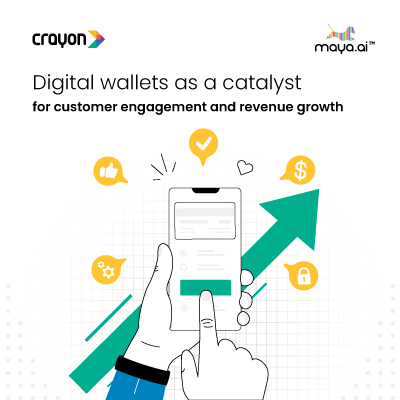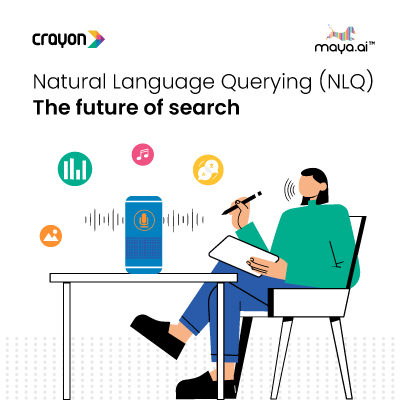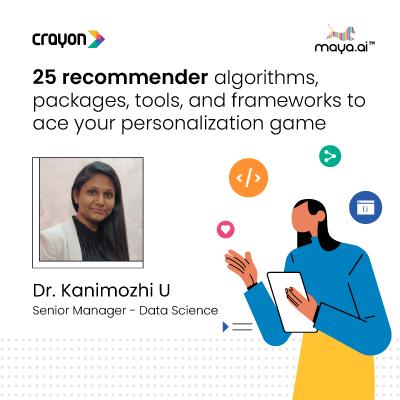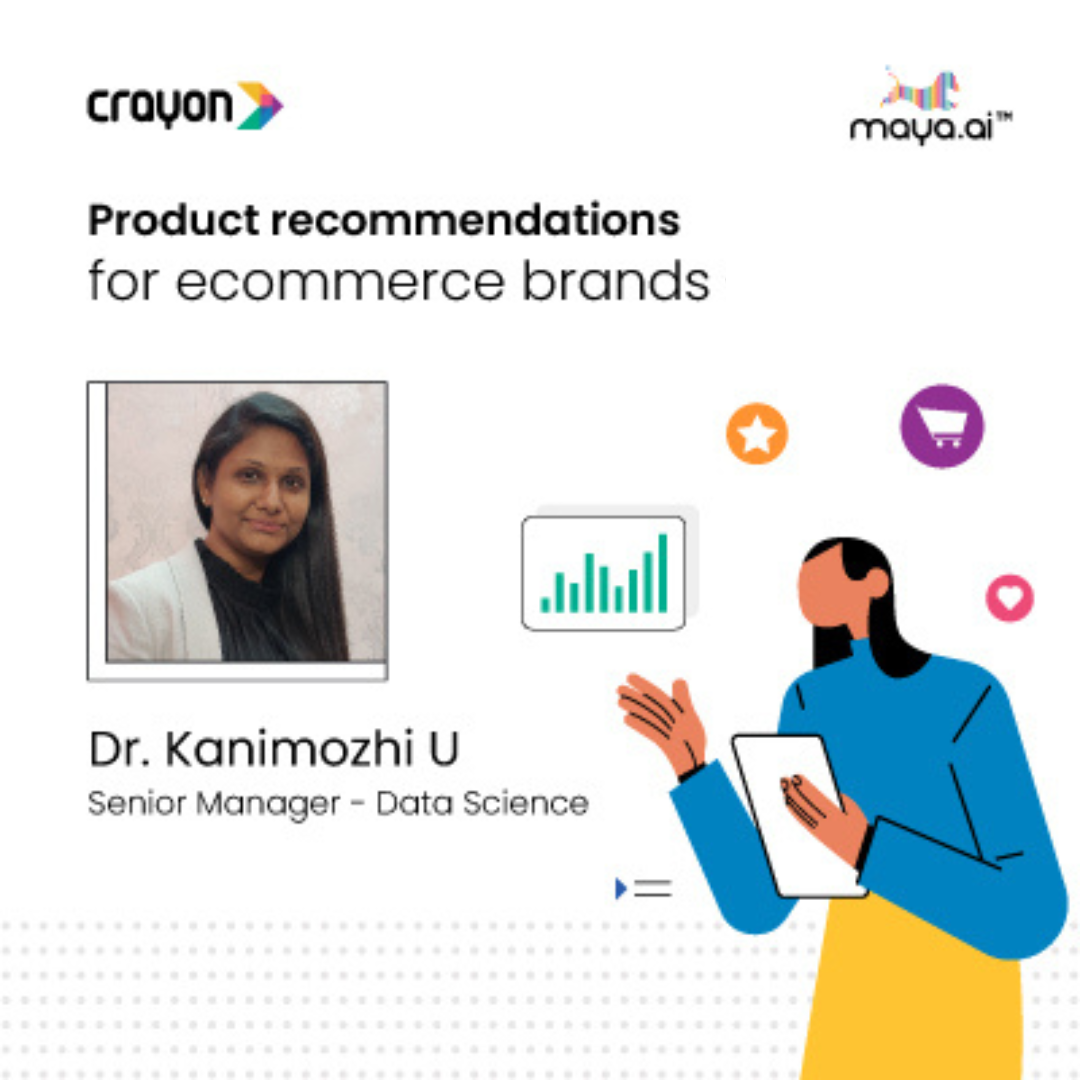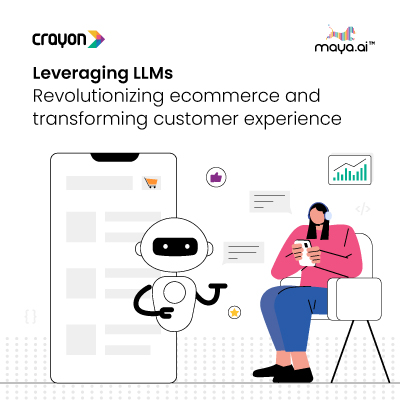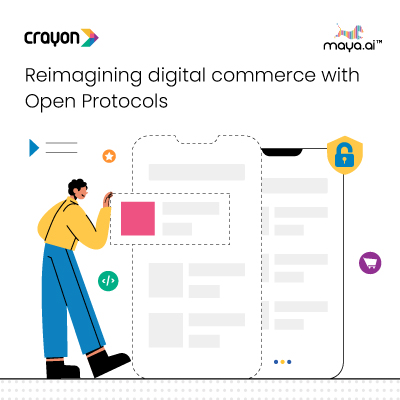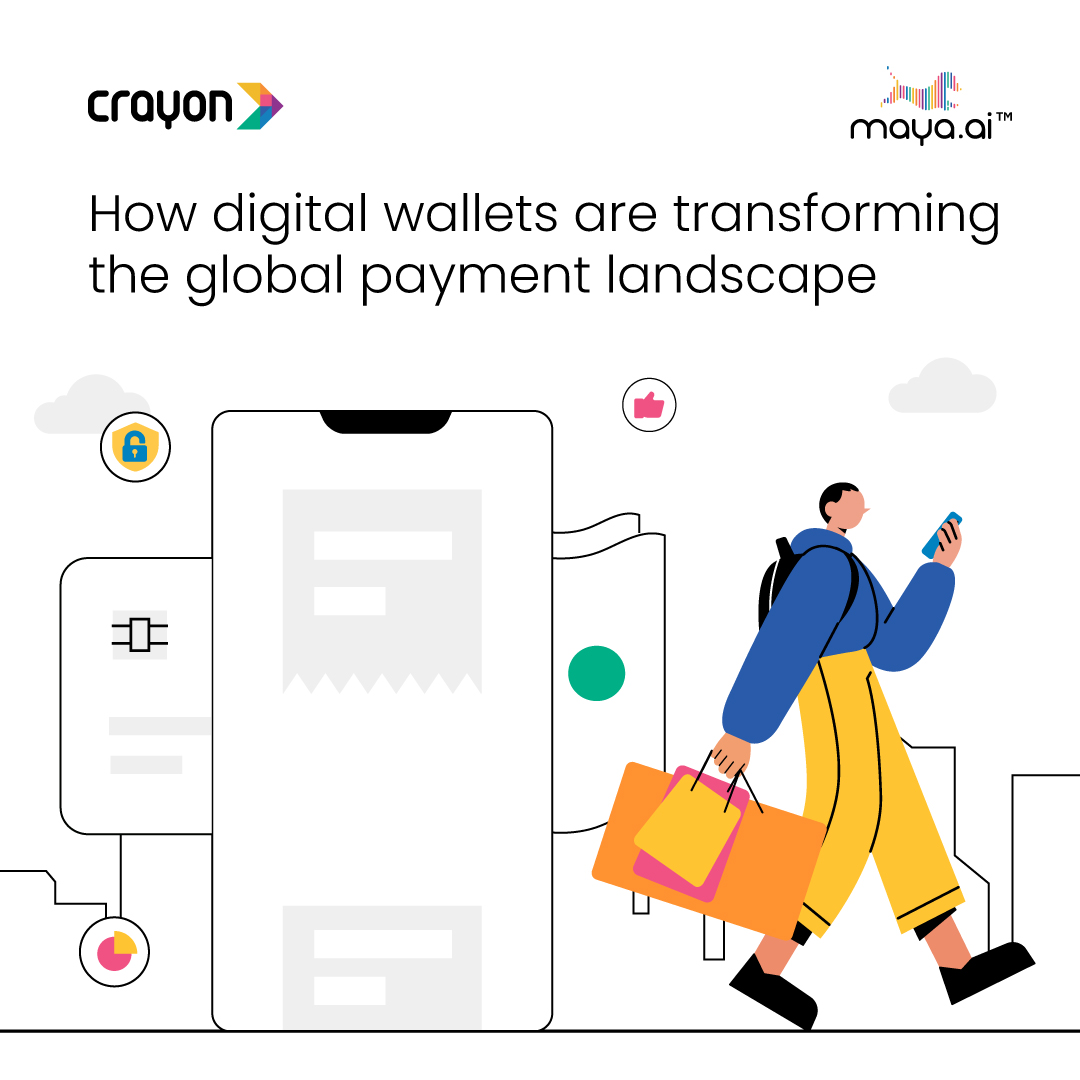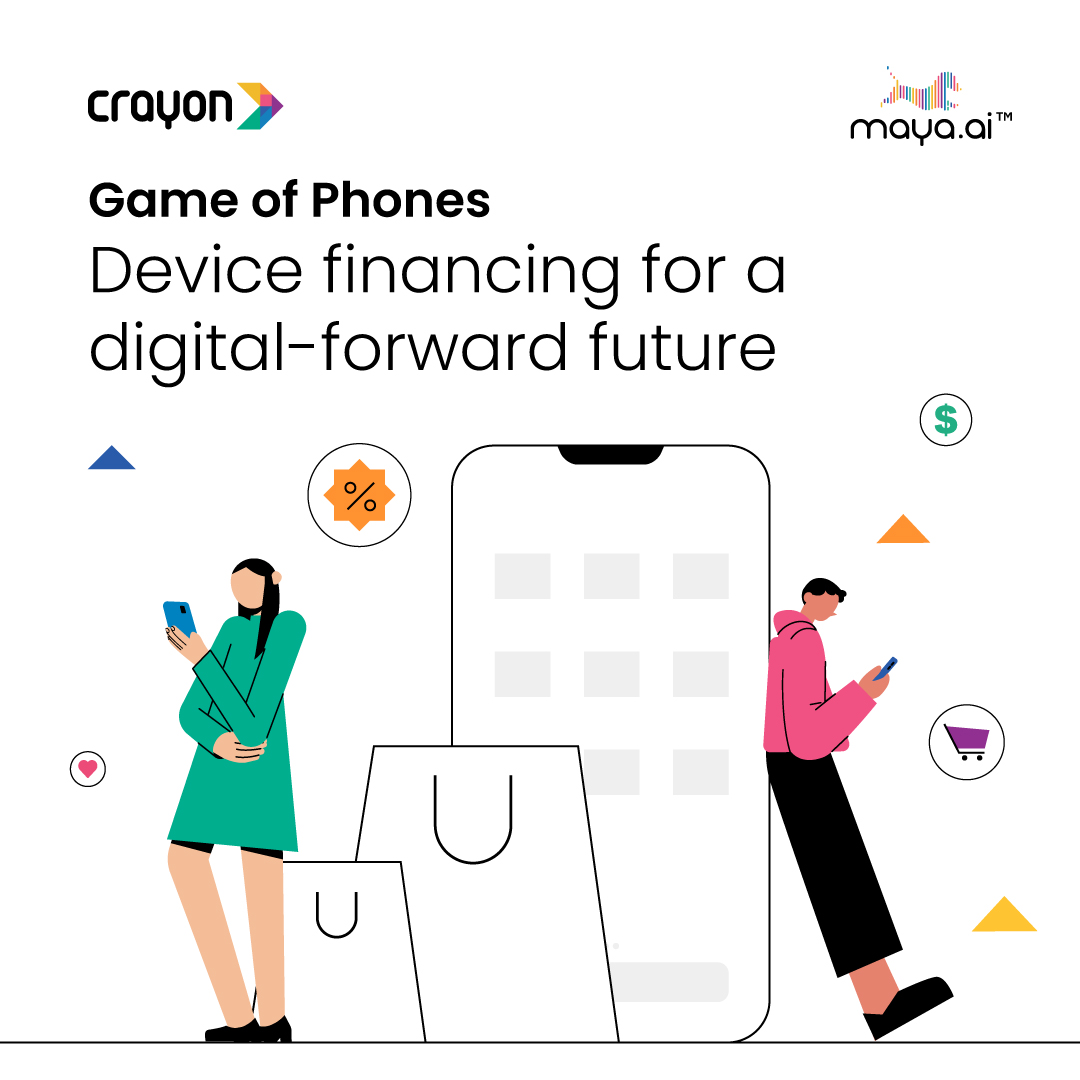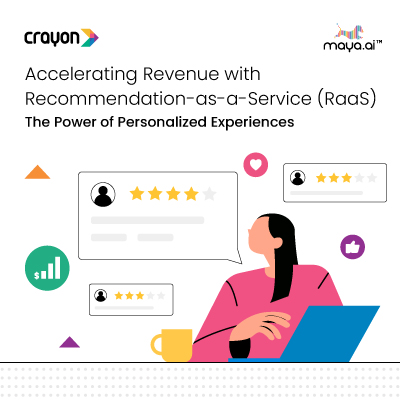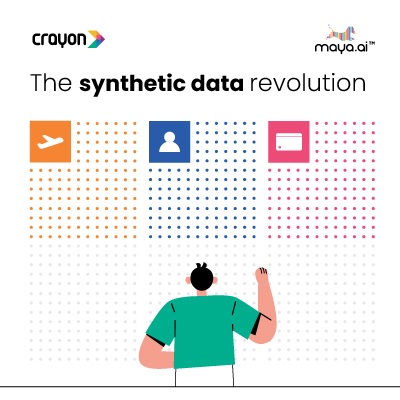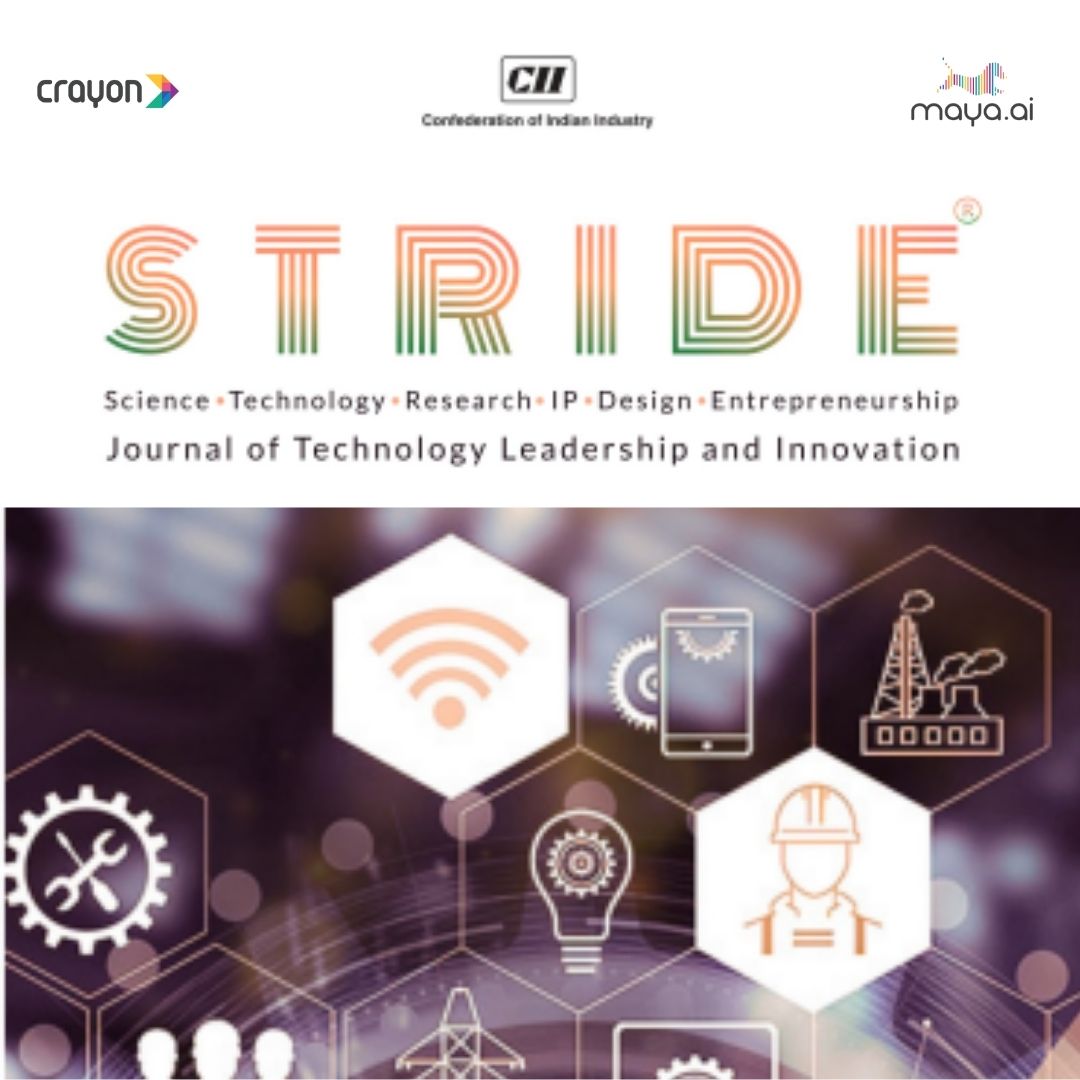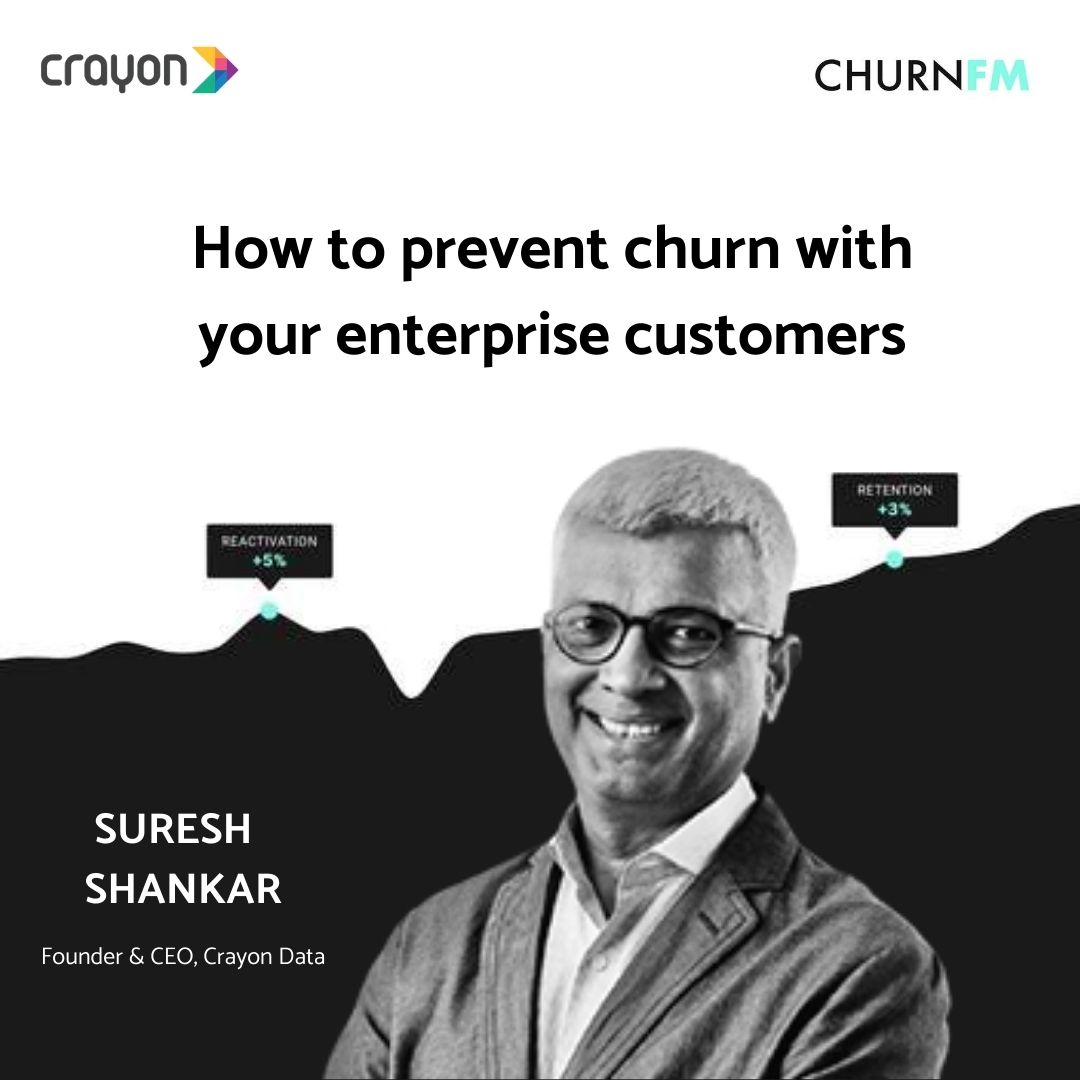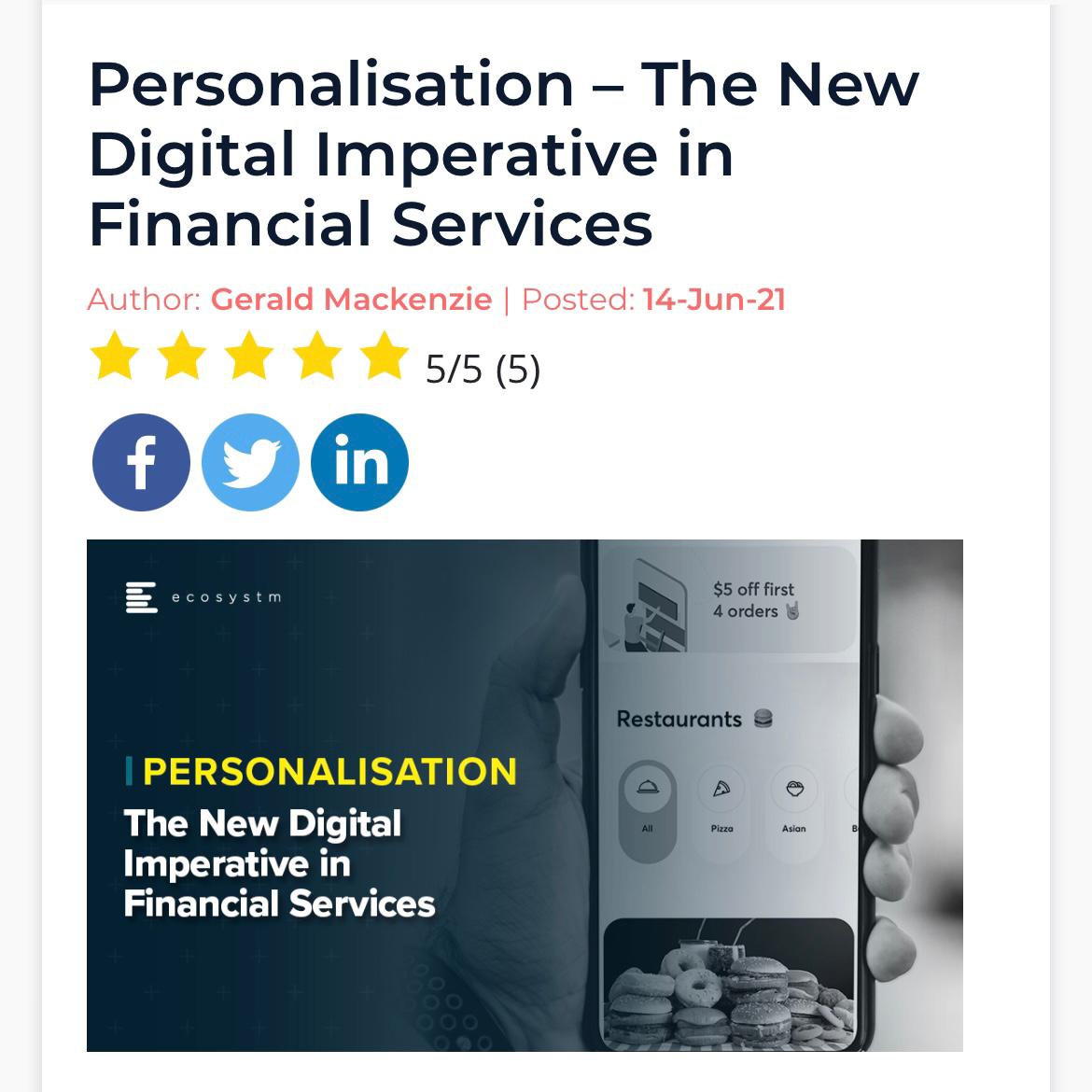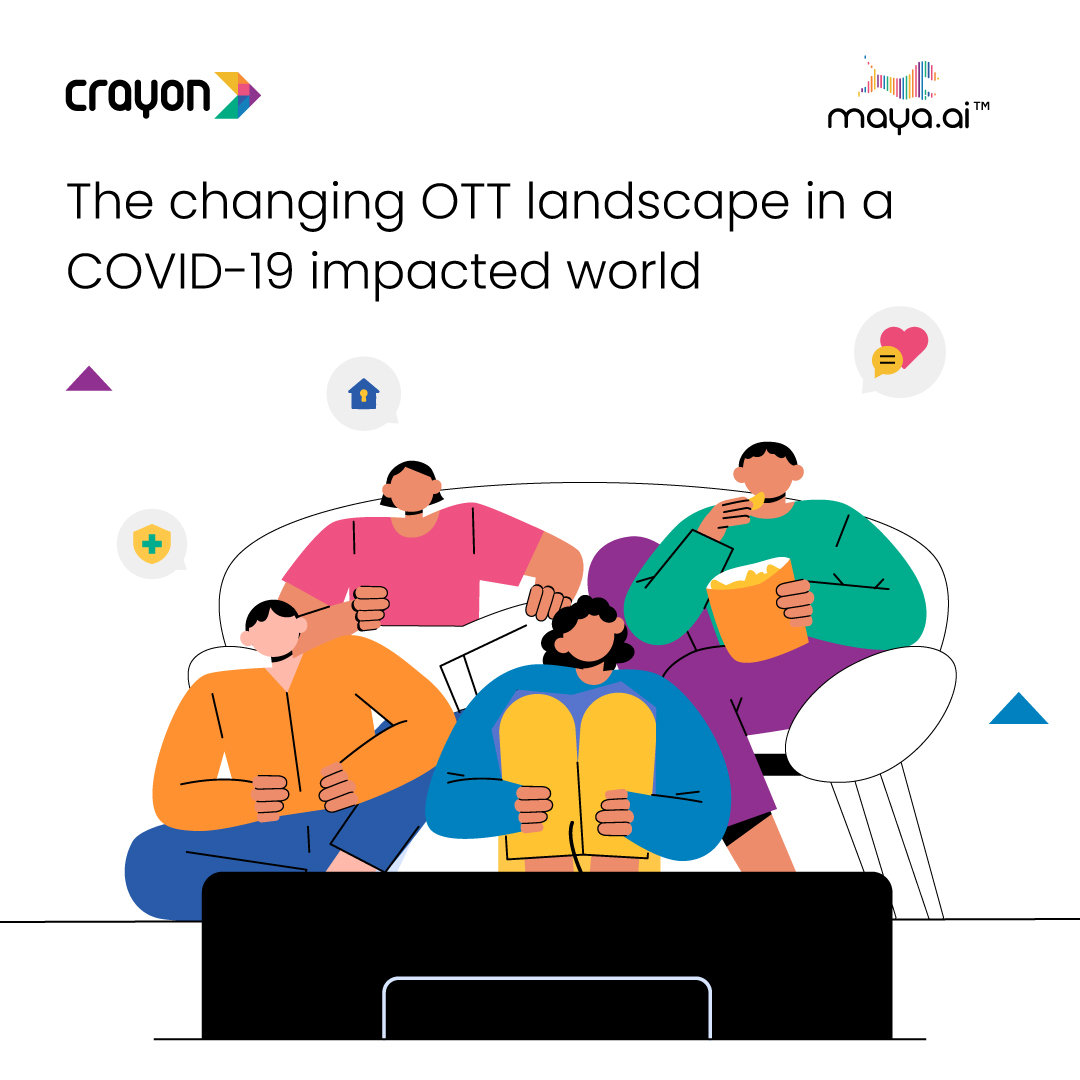
Have you, as a marketer, sat back and thought about how much energy you expend in identifying keywords, creating blog rollout plans, personalizing content for marketing, creating all those social posts and overall formulating content strategies?
Now, step back and imagine if a lot of these activities were performed by machines, and all you had to do was actually enhance and optimize these activities. Or simply be the thought and enabler behind the plan? Well, it’s possible today. There are a lot of tools which enable you to free up your time and give you that chance to perform better. And this because of artificial intelligence.
Artificial intelligence is a term used to describe an array of connected technologies which are at different stages of maturity. Some of these are deep learning, voice image recognition, NLP (or Natural Language Processing) deep learning, and so on. AI is a term that in concept, actually imitates the human brain, to enable the actions it performs.
How is this done? It’s not so hard if you break it down. Firstly, algorithms that have scoured through past data create patterns and in turn the data into predictive models. Other applications and systems then act as moderators to enable models.
AI has over the last several years seen a massive shift in accessibility. In marketing alone, AI is being used to optimize campaigns, to mass tap customers through email and ads. And to even groom customers or quantify and qualify leads. The data that this intelligence provides marketers with is immensely helpful and enables people to make scientific, data-backed decisions that can equip companies to reach better, more targeted audiences, in shorter periods of time with smarter campaigns.
Artificial Intelligence will only be able to impact marketers and their teams if the quality of the data provided is very good. The term, Garbage In – Garbage Out, is used to showcase how marketers often use data that cannot derive useful insights unless the input is of great quality.
Martech companies delivering top of the line customer experiences are all shifting to using AI in some way or another. From simplifying the process to enabling customer feedback and testimonials, to breaking down big data, many companies are using AI as the foundation for large campaigns. Be they large ad optimization campaigns or for market research! AI is helping the marketer also perform alpha and beta testing for customer experiences at a large scale – in real time! These processes would have otherwise been tedious, time-consuming and hard to process manually and in real time.
AI will over the coming years help brands and marketers work in sync on one of the most diverse spaces in the consumer market – the monetization markets. Artificial intelligence can help test various types of marketing collateral to see which lead form works or which display ads are truly liked or not, and in turn, which will convert an advertisement to a lead or a sale. Optimization of content and collateral will then, in turn, change the way products are marketed to specific audiences, basis data and backed by choice, leading to improved conversion rates.
Ask a marketer today what their biggest problem is, you are sure to hear that most will say it is maintaining the attention of the consumer through relevant content. The 3-8 second window is sometimes not enough to engage a customer, and instant gratification seems to be the need of the hour. Machine learning comes into play here. It enables enterprises to keep abreast of the rapidly changing needs of their consumers, as well as their likes, dislikes, and preferences. Models can be built and learned from which tell stories of which customer patterns liked what, while empowering the customer with the right information to make purchases or showcase interest.
One sees the future of Marketing, as the say Marketing 5.0, shift from the more traditional and digital to a more sentient and artificial. This shift will also create an array of new opportunities for marketers. Roles like Agile marketers, growth hackers, marketing technologists will soon emerge and create a diverse lot of marketers, ready to take on this next phase of the Marketing cycle, mining better consumer insights and strategically engaging with the right consumers. All while making these very consumers, feel special as they receive personalized messaging, and relevant, yet disruptive content.

Why vector databases are key to enhanced AI and data analysis
In a...
